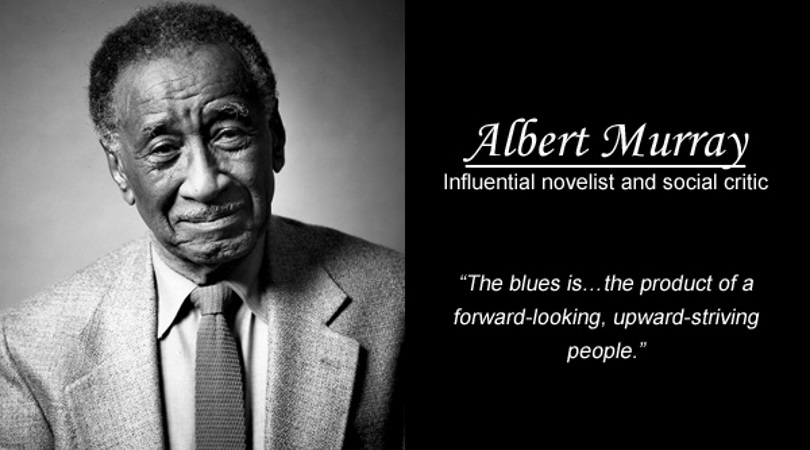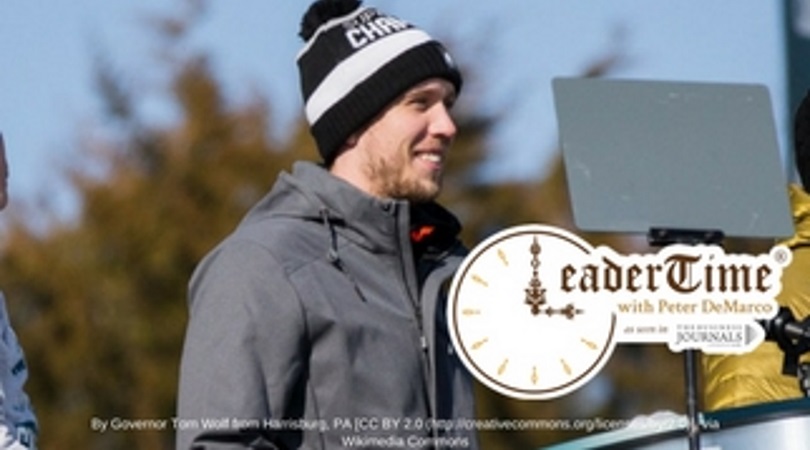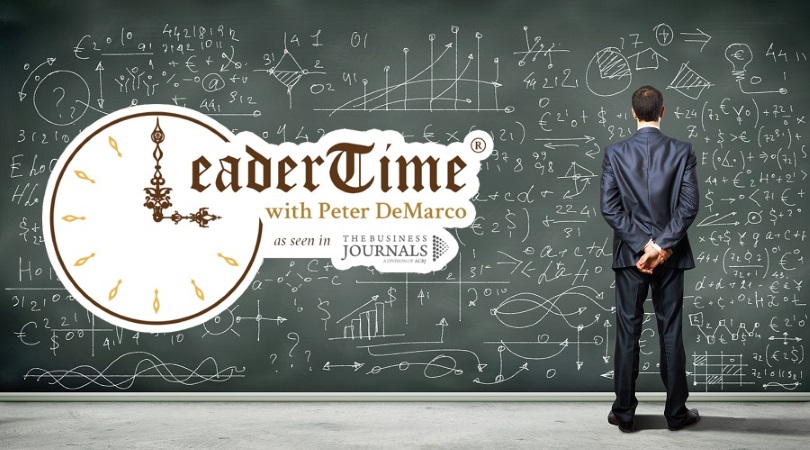Three Lessons On Leadership And Responsibility From ‘It’s A Wonderful Life’
In the 1946 movie It’s a Wonderful Life, Jimmy Stewart plays the part of George Bailey, the selfless leader of the Bailey Building & Loan who, on Christmas Eve, is driven to the brink of suicide when his absent-minded Uncle Billy misplaces a large number of customer deposits just as the bank examiner shows up to perform a routine audit.
Leaders can learn three important lessons on the nature of responsibility from this tale:
Lesson 1: Good leaders assume responsibility for the mistakes and failures of their subordinates.
George must find a way to recover the missing money before the situation is discovered or he will face arrest, so he seeks relief from his arch rival, Mr. Potter, whose renters are escaping Potter’s slums for the homeownership opportunities George provides. Greedy Potter has found the money Uncle Billy misplaced but has hidden it away to push George toward financial ruin:
Potter: George, could it possibly be there’s a slight discrepancy in the books?
George: No, sir. There’s nothing wrong with the books. I’ve just misplaced $8,000. I can’t find it anywhere.
Potter: You misplaced $8,000?
George: Yes, sir.
Even Potter can’t believe George takes full responsibility for the mistake of his foolish uncle. Why does George assume responsibility for the loss?
A leader has a duty to assign blame when things go wrong and take responsibility, especially if the employee’s limited abilities were known in advance. George knew that his increasingly absent-minded uncle was no longer fully capable of performing the task of depositing large sums of money. So, George assigns blame to his uncle in private but takes personal responsibility in public.
Some of us have witnessed leaders invoke plausible deniability to distance themselves from bad events. Others prefer to blame their predecessor or their employees for the mistakes and failures that occur.
Do your leaders assume responsibility for the failings of their people?
Lesson 2: Leaders take responsibility for their own choices.
In an earlier scene, we observe young George working at Mr. Gower’s drugstore. A telegram explains that Gower’s son, while away at college, has died unexpectedly of the flu. Drunk and blinded by his tears of grief, Mr. Gower has accidentally placed poison into the medicine bottle for a family with diphtheria, a fact George fortuitously observes before heading out of the store.
George decides not to deliver the tainted medicine and returns with the package to the drug store, only to receive a vicious beating for his disobedience. George pleads, “Mr. Gower, you don’t know what you’re doing. You put something wrong in those capsules… You got that telegram, and you’re upset. You put something bad in those capsules. It wasn’t your fault…”
It’s Mr. Gower’s fault, but George realized that he was not exonerated from responsibility simply because he was a subordinate. George realized his knowledge of the situation required him to save Gower from accidentally killing the sick family.
How many employees today would yield to the wrath of their boss and act contrary to what they know to be right? It takes courage to shoulder responsibility for your own choices.
Do your leaders take responsibility for their own failings?
Lesson 3: Leaders help followers develop responsibility by increasing their sense of ownership in everything they do.
George learned from his father at an early age that the deep yearning of every human being is to have a sense of ownership for someone or something.
George: Oh, now, Pop, I couldn’t face being cooped up for the rest of my life in a shabby little office… I’d go crazy. I want to do something big and something important.
Pop (quietly): You know, George, I feel that in a small way we are doing something important. Satisfying a fundamental urge. It’s deep in the race for a man to want his own roof and walls and fireplace, and we’re helping him get those things in our shabby little office.
We learn responsibility when we satisfy the real needs of others. Paradoxically, leaders grow in responsibility when we help others to transform from dependency to freedom. In other words, leaders help others to grow in responsibility by taking ownership rather than becoming victims of what happens to them.
Do your employees feel a sense of ownership and pride in the work they do? Or, do they feel adrift, victims of circumstance and unable to see or control how what they do matters? Leaders connect followers to the real purpose of the organization and help them to see how their work contributes to the success of the whole.
This Christmas Eve, watch It’s a Wonderful Life and let the example provided by George Bailey help you grow in your sense of responsibility as a leader.
Updated: 2/27/2019
Originally Uploaded 12/22/2016 on: Forbes




